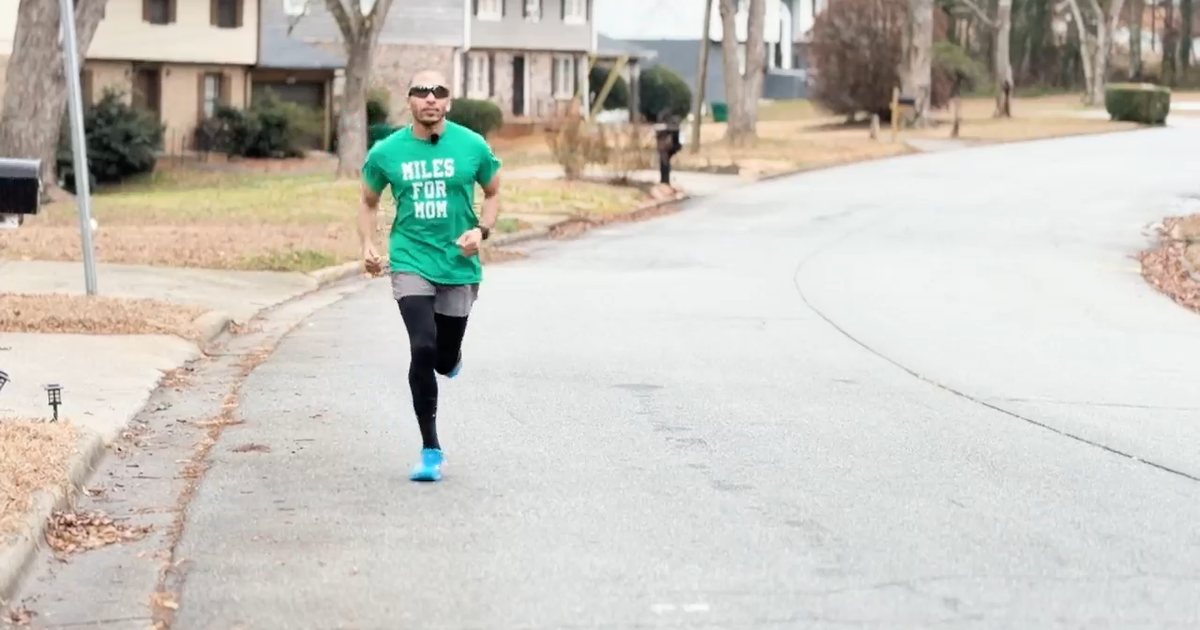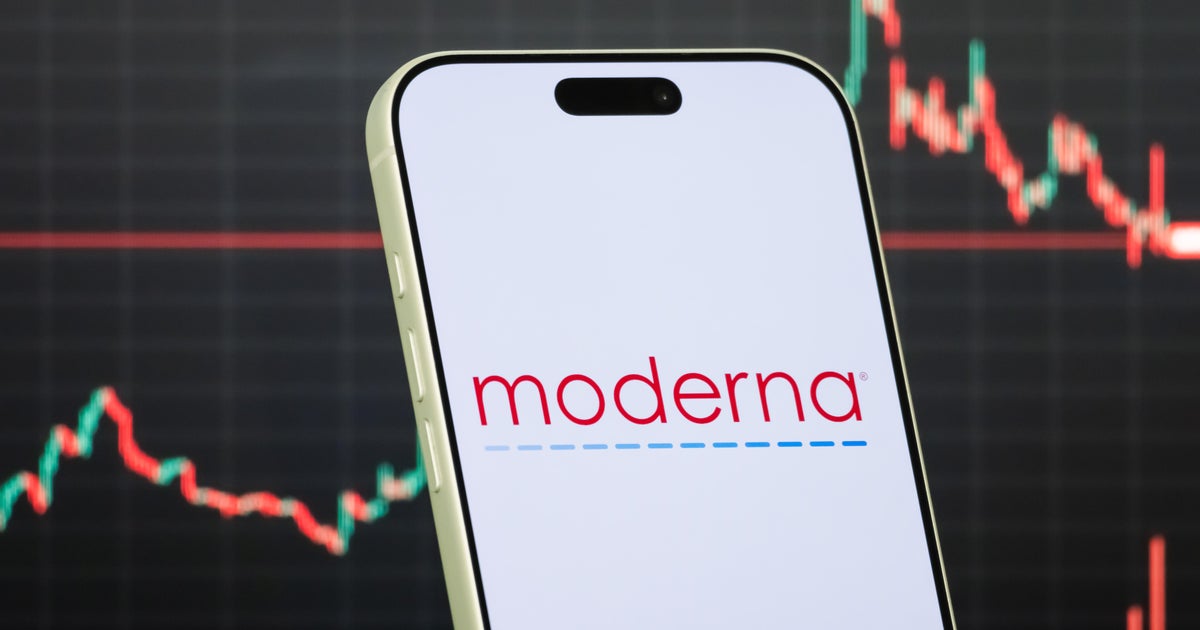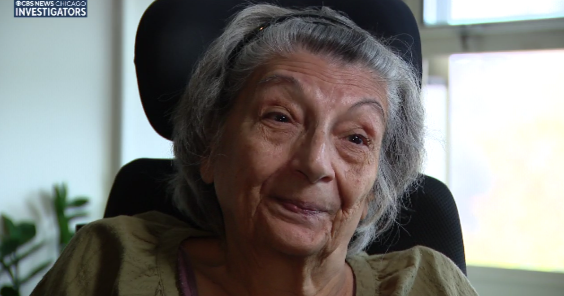Cancer Vaccines See Growing Success
CHICAGO (CBS) -- Many people once considered a cancer diagnosis a death sentence. Several years ago, cancer vaccines were promising, and now some are even approved by the FDA. So are we closer to a cure? CBS 2's Mary Kay Kleist reports.
Nine years ago, Emily Dunham was diagnosed with stage 4 melanoma.
"I had a lump over here (on her neck). … And it had gotten bigger and I noticed it," she said. "So I went in to see my doctor, and things kind of snowballed."
The five-year-survival rate for Emily's cancer is only about 15%.
Emily's physician, Dr. Margo Shoup, was testing a cancer vaccine at Loyola University Medical Center when Emily was diagnosed.
"Emily is amazing, and I think it's incredible that she's even alive today, because she had very advanced disease when she was first diagnosed. The chances that she was going to live a year were very, very small at that time," she said.
Emily was one of four patients to undergo treatment with the vaccine.
"We didn't know if this drug was going to work. We didn't know if it was going to have side effects. We didn't even know the right dose to give. And, because she was willing to take the chances of going on this trial, she's alive today," Shoup said.
"Knowing that I'm okay now is awesome," Emily said. She beat the odds. She is now cancer free.
Emily was on the forefront of research that targets the immune system to beat cancer. Researchers have only recently begun to make major breakthroughs in that area.
Dr. Howard Kaufman from Rush University Medical Center said, "I think it's definitely possible to cure cancer, because we're already doing it in some patients."
For prostate cancer, the first FDA approved vaccine, Provenge, was studied at Rush.
Retired physician William Hejna just finished the Provenge program in February.
"The next step is to be happy, and wait until they can repeat the bone scans, which I think will happen in about three or four months … to see if there's been any change in what they saw the first time on the scans," Hejna said.
Rush is also studying vaccines for lung cancer and melanoma.
"I think today, about 70 percent of cancers can actually be cured or managed well. What's exciting about immunotherapy, is that when it works, it works really well," Kaufman said.
Back in a lab at Loyola University Medical Center, a new study using genetically altered T-cells to target tumor cells in melanoma patients is just beginning.
"This is important. We want to learn a lot about how these cells behave in the patients. We hope that we can help people," Dr. Michael Nishimura, Ph.D., said.
Hejna said, "They've made wonderful breakthroughs, and, you know, I'm hoping I'm the recipient of one of them."
There are two FDA approved cancer vaccines, the first being Provenge for prostate cancer. The other is Gardasil, a vaccine for HPV, which can cause cervical cancer.







